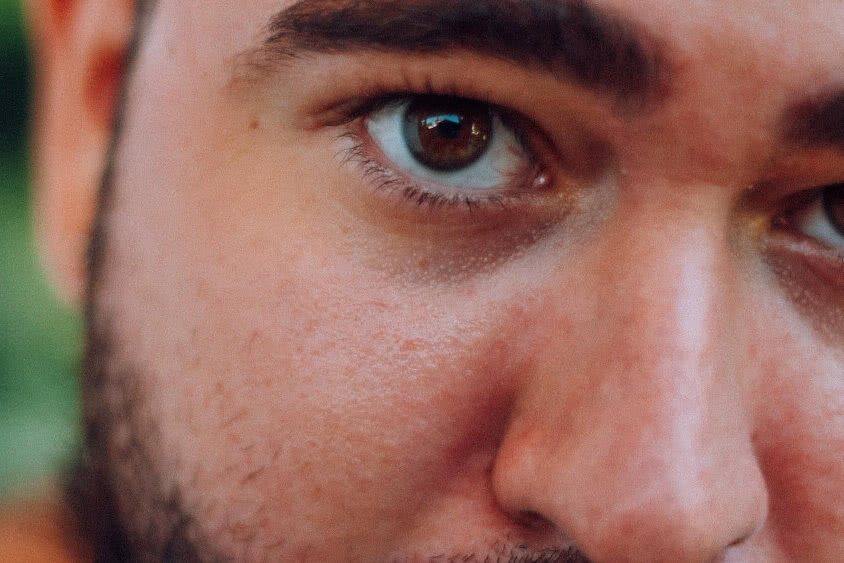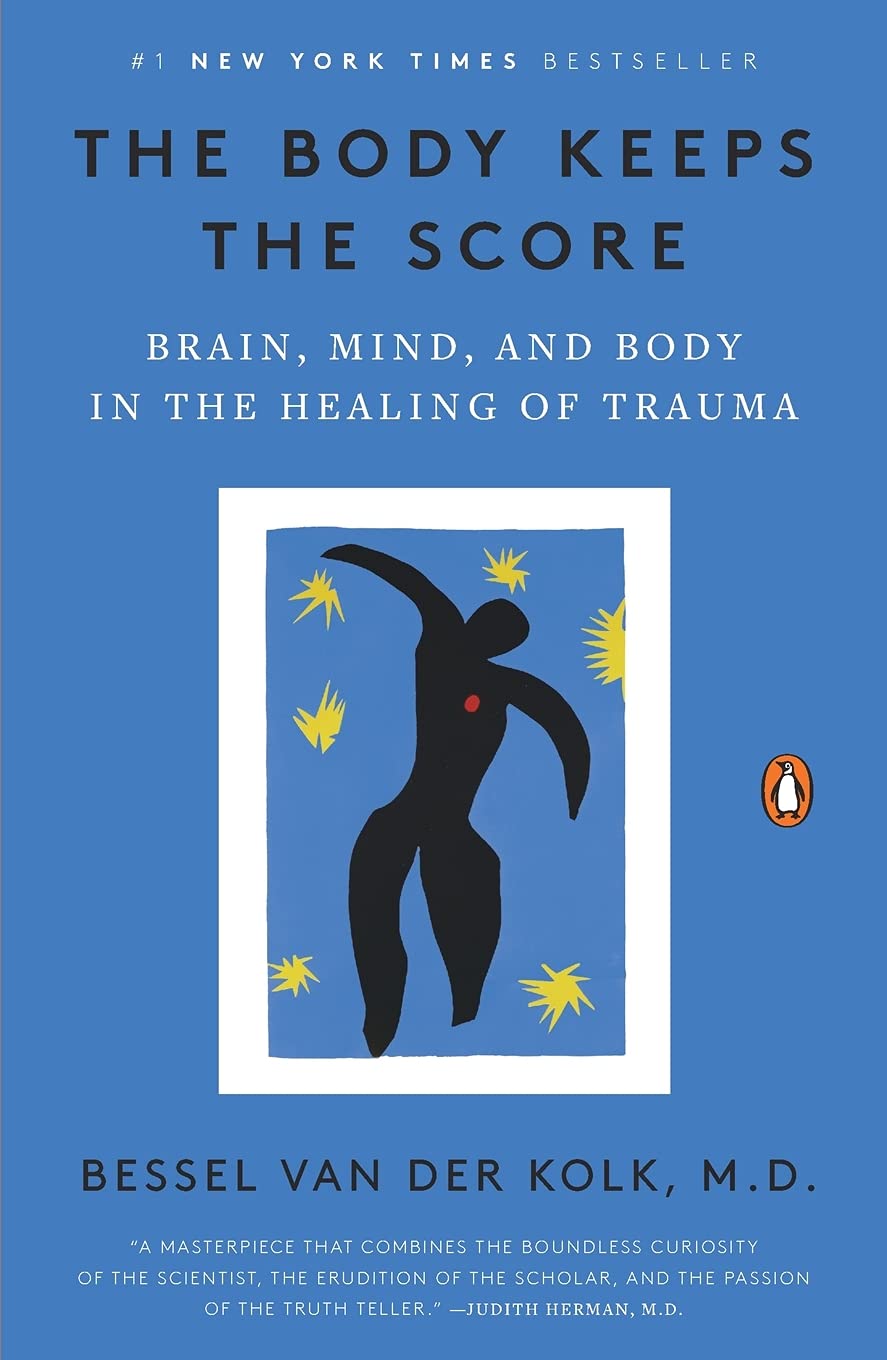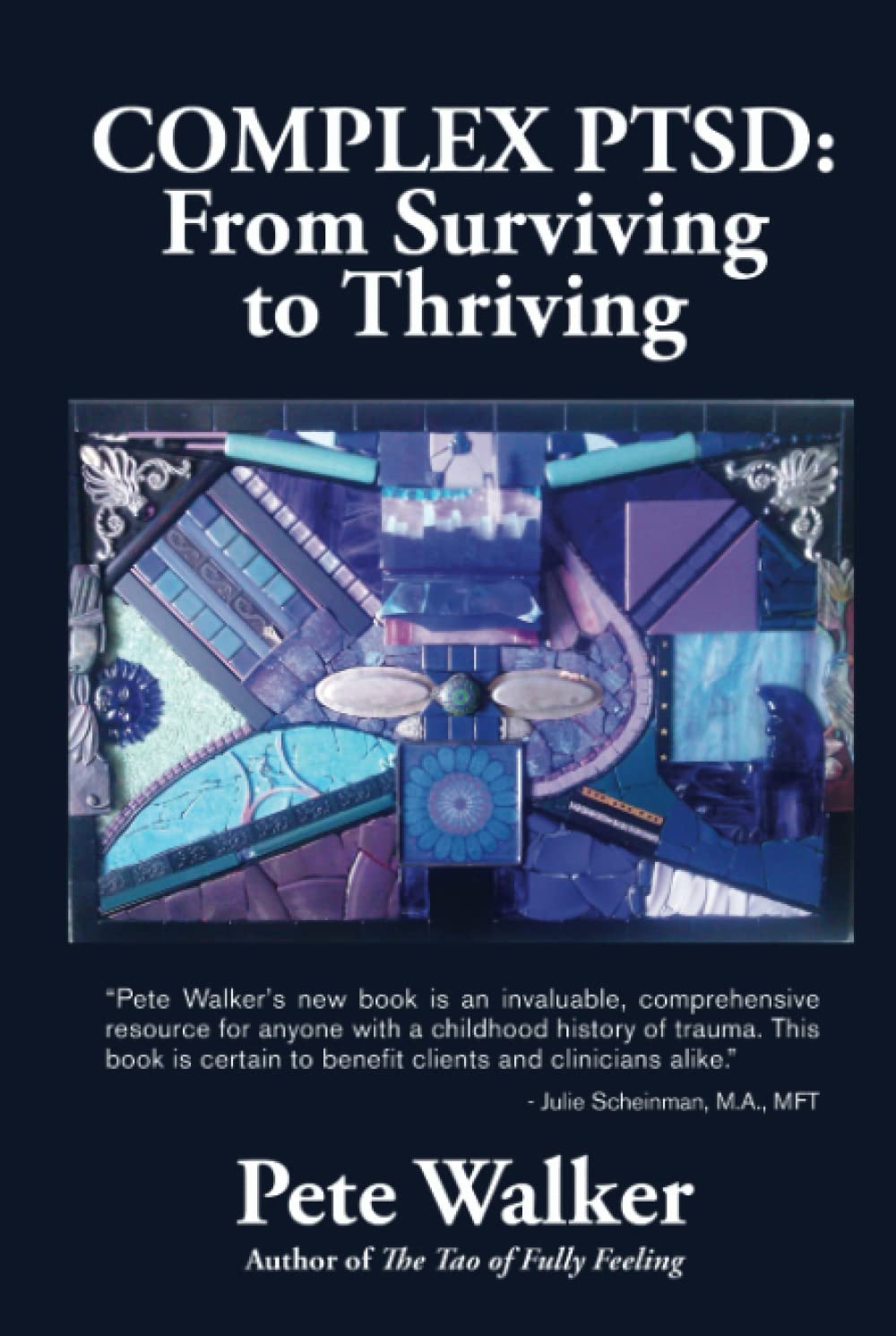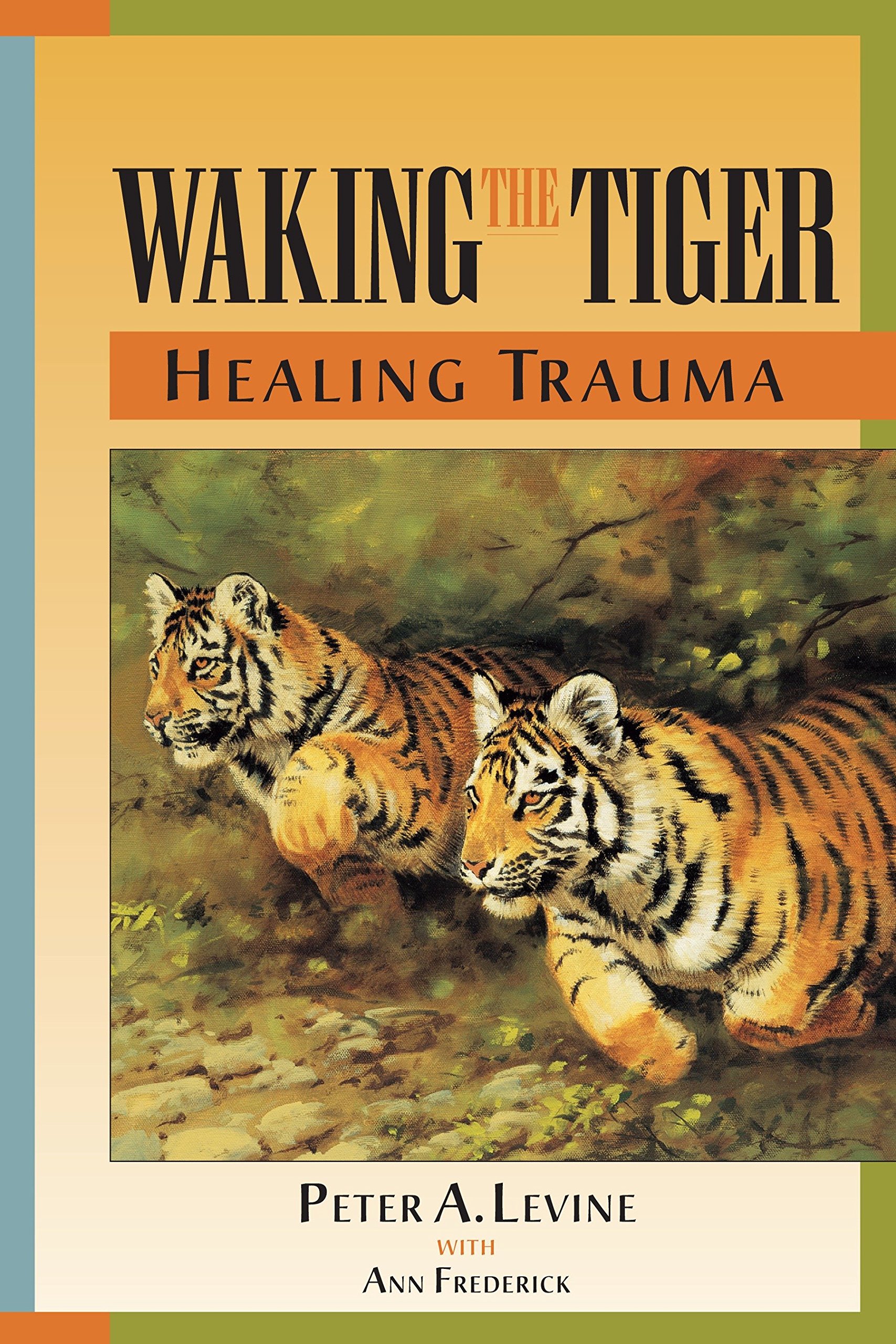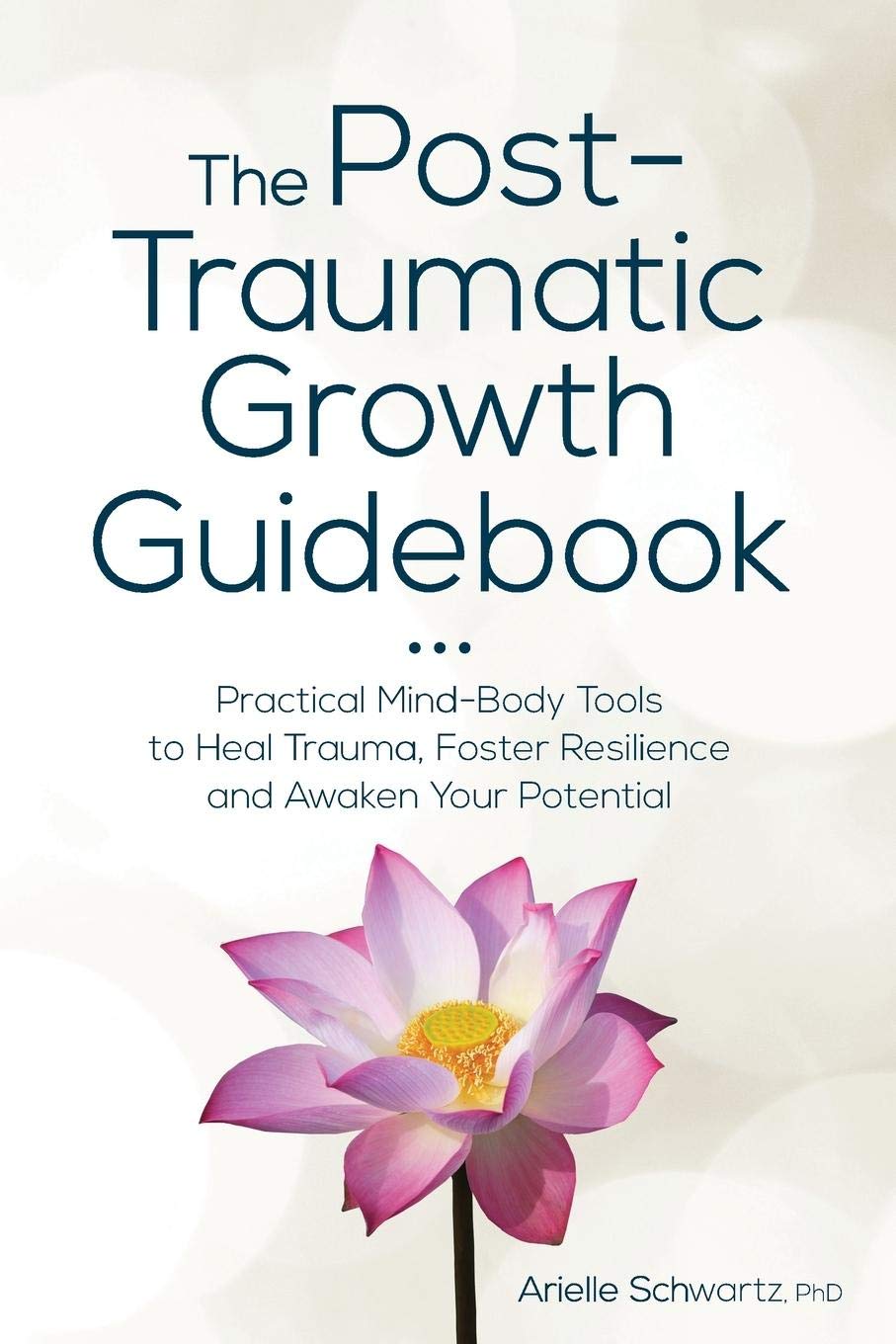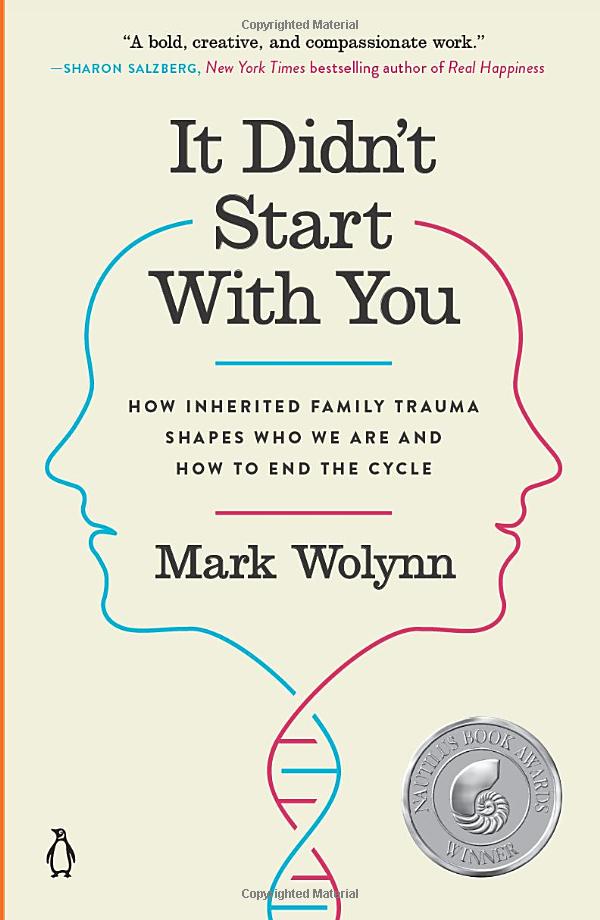The subset of sex addiction known as porn addiction is becoming an increasing source of worry. We now understand the devastating effects a porn addiction or compulsion can have on one’s relationships and overall happiness.
Although you might associate the word “addiction” with drug and alcohol abuse, fits into a category compulsive behaviours that are often carry undue social stigma. According to studies, 86% to 96% of men regularly watch porn. After using porn, those with an addiction frequently experience anxiety and depression in some format or another. Chemical imbalances in the brain may cause withdrawal symptoms or guilt, shame, or moral conflict-related feelings that bring on anxious thoughts and depressive moods.
According to some researchers, behavioural disorders like the addiction to porn are on par with substance use disorders in terms of how the brain reacts to substances and to porn. Other researchers categorise compulsive behaviour disorders or issues with impulse control. As not all researchers agree that viewing pornographic material qualifies as an addiction, there is no clear consensus on what causes porn addiction and even more debate how porn addiction should be treated of overcome. Whatever you want to call it an addiction, a compulsion, a habit more and more people feel trapped by porn addictions. If you’ve ever attempted to break free, you are well aware of how difficult it can be.
There is still no official diagnosis for “porn addiction”
Though there are no inherent dangers in viewing pornographic material, many people still find it difficult to refrain from doing so. The repeated exposure to pornography can have a lasting effect on a person’s thought processes, leading to desensitisation, distorted perceptions of reality, and other social side effects that exacerbate dissatisfaction in interpersonal relationships.
This process disorder is especially perilous because of the additional problems it can cause, such as a higher risk for physical and mental health problems. If a friend or partner finds out what’s going on, they might decide to cut ties. When relationships end, it can trigger a variety of mental health issues. Porn inhibits actual sexual contact between partners in relationships. In a society where gender inequality persists, sex’s pervasive impact on romantic partnerships only serves to muddy the waters when things go south. When one partner in a relationship engages in pornography behind their partner’s back, it can damage their self-esteem and cause a breakdown in trust.
Someone with a porn fixation may become so preoccupied with fulfilling their urge to watch porn that they begin doing so in inappropriate settings, such as the workplace or public transportation. This can lead to a host of ethical, interpersonal, and legal issues.
Cross Addiction is Pervasive with Porn Addictions
The prevalence of multiple addictions to different substances or behaviours is also not surprising as addictions are most often motivated by same desires to flee from trauma, anxiety, depression, or other unpleasant emotions. Cross-addiction or co-occurring addiction is the term used to describe people who have more than one addiction. Cross-addicts concentrate on one addiction at a time while switching between them. For instance, a cross-addict may decide to stop watching hours of pornography every day after a few months. The addict will still be struggling with unpleasant or painful emotions at this point. He will just switch the numbing effect of pornography with another addiction, like cocaine, rather than dealing with these emotions head-on.
These are some of the more common indicators of a pornographic addiction, though, as with other addictions, their severity varies from person to person, and denial often plays a major role.
This widespread use of pornographic materials may be enabled by their accessibility. It’s not just having easy access to porn that causes addiction. The availability of casinos does not seem to have any bearing on the prevalence of people who develop an addiction to gambling but 10 to 15 percent of the population, regardless of gender, race, or socioeconomic status, suffer from addiction cycles.
Signs and Symptoms of Porn Addiction
We have posted before about the side effects of porn addictions. But in summary spending too much money on porn, having risky sexual encounters, or using porn to deal with difficult feelings like pain, anxiety, or depression. Other typical symptoms include watching porn at risky times and places or becoming angry when told to cut back on watching porn. Similar to other addictions, that are characterised by a “inability to stop despite harmful effects,” porn addicts “try and stop” and “fail,” then resume their pornographic viewing activities.
This failure very often causes people to feel ashamed after using porn or to use more extreme forms of pornography to be satisfied. Porn gradually alters our perception of sexual activity, making it less satisfying than watching porn; this causes us to hide our pornographic habits from our partners and other people.
What makes people become addicted to porn?
Unlike in-person sexual encounters, online porn enables users to choose from a nearly limitless selection of sexual content to satiate their desires whenever, wherever. Over time, excessive pornographic use will have a variety of effects. It can seriously affect relationships, as well as your life at both home and at work, as was previously mentioned.
Addiction to pornography changes neurotransmitters over time, as a result, the brain will start to rely on the chemical spikes caused by sexually explicit media. As a result, you will need increasingly more to get the same result. Additionally the brain will react less strongly to other forms of stimuli. This makes it very challenging to stop using porn as the brain get used to the process and identifies it as the sole source of gratification.
Some incredible audio books regarding porn addiction and recovery, certainly worth a listen.
Mostly free books with a subscription for Kindle or Audible readers.






Tips to Stop Porn Addiction
Finding your why?
To recover, you require a bigger objective than simply getting better. It may seem counterintuitive, but solely concentrating on getting over porn can be harmful to the process of recovering. What kind of person do I want to be? is a question you should be asking yourself. Goals and aspirations are wonderful, but hazy plans frequently end in failure. Consider what you honestly hope to replace porn with and ensure that it is something you truly value.
Take note of your relapses
Keeping track of your relapses is a vital part of overcoming porn addiction. Pay close attention to when you make mistakes by identifying your “triggers” or what circumstances and attitudes are most likely to cause you to return to porn. Think back on the events leading up to the relapse enables you to develop strategies to prevent them in the future. When you have an addiction, you frequently need to look far deeper to discover the origin of your triggers. There is a difference between Lapse and Relapse. A lapse is when you make a mistake, but you quickly correct yourself and use the lesson to enhance your prevention strategy. Relapsing is when you stop trying, binge, and return to the cycle. Recognize that refining your prevention strategy includes reducing lapses. Do not assume that you have lost all of your progress or that the work you have put in counts for nothing. With a positive outlook and the knowledge that you are one day closer to your recovery, so look forward to it.
Acknowledge the shame cycle
Not all things that make people turn to porn are sexually orientated. The true cause of porn addiction is frequently concealed by additional layers of complexity. Many people’s addictions developed as a result of significant emotional scars or vulnerabilities. Porn makes for an easy method of self-medication because it offers enjoyable release and a way to escape from their reality. Many people experience a profound sense of shame after using porn and this shame can lead to more harm and encourage more use of pornographic material.
Getting rid of shame is essential to beating porn addiction. Shame is the perception that one is flawed, damaged, or a bad person. In fact, holding onto these false beliefs about yourself can keep you entrenched in a cycle of addiction. Being sorry for what you did is a necessary part of learning and can motivate you to alter your behaviour. However, shame makes you feel helpless and as though your entire character is flawed. Having any addiction has no bearing on who you are as a person, addictions are treatable conditions and NOT a reflection of a persons charachter.
Establishing accountability
You need accountability even if you don’t go to counselling or therapy. Why is accountability so crucial to porn addiction recovery? Well, it wouldn’t be an addiction if you had the strength to leave on your own. We need other people in our lives to support us when things get tough because humans are social creatures that mirror and learn and reflect off one another to mediate their thoughts. Accountability removes the conflict from the shadows, where pornography has the potential to isolate and humiliate you. You must end the secrecy if you want to begin the recovery process because this addiction thrives in solitude and secrecy.
The Label of “Addiction” or “Addict”
A person’s disease or illness should not be used to define or categorise them; it is just something they have. For instance, it’s preferable to refer to someone as having diabetes rather than calling them a “diabetic” and instead using person-first language. The same is true for the term “addict.”. By deciding to reshape the language surrounding addictions, we will make it easier for those struggling with addiction to regain their self-worth and feel more at ease seeking treatment and enable the general public to understand that addictions are simply medical condition that should be treated as such.
Establish a Support Network
People who are battling a porn addiction can find support in a variety of online groups where they can share their experiences and recovery advice. Find a group that you feel a connection to, then interact with people who are going through similar things. Support groups can take a variety of approaches, from being exclusively male to being focused on religion. Reboot Nation and No Fap are two ideas. Starting here and reading about other people in similar situations can be helpful. The first step to quitting porn is the hardest. Joining support networks or seeking professional treatment for something you’ve hidden is difficult. You’re not alone in understanding your compulsion. Your journey out may surprise you with how much support you have. Many people in your life will listen and hold you accountable to your goals, online and offline.
Speak with a Counsellor
When you’re ready, there are many benefits to discussing porn addiction with a professional. Although having a support system and an accountability partner can be helpful, a professional has years of training and education, if not direct experience. They aren’t there to criticise or shame you for your actions because they are an impartial party (unlike friends and family). Instead, counsellors assist you in getting past your addiction, wherever you are at. A counsellor is a fountain of wisdom when it comes to overcoming underlying problems and porn addictions.
Online Addiction Recovery Course
Although recovering from addiction requires work, we are confident you can succeed! You don’t have to travel the path by yourself either. To get you started Recovery Direct has developed some free resources to helping you break free from addictions. Visit our dedicated free recovery program here.
| Online Communities | |
|---|---|
| Reboot Nation | www.rebootnation.org |
| Daily Strength | www.dailystrength.org |
| NoFap | www.nofap.com |

